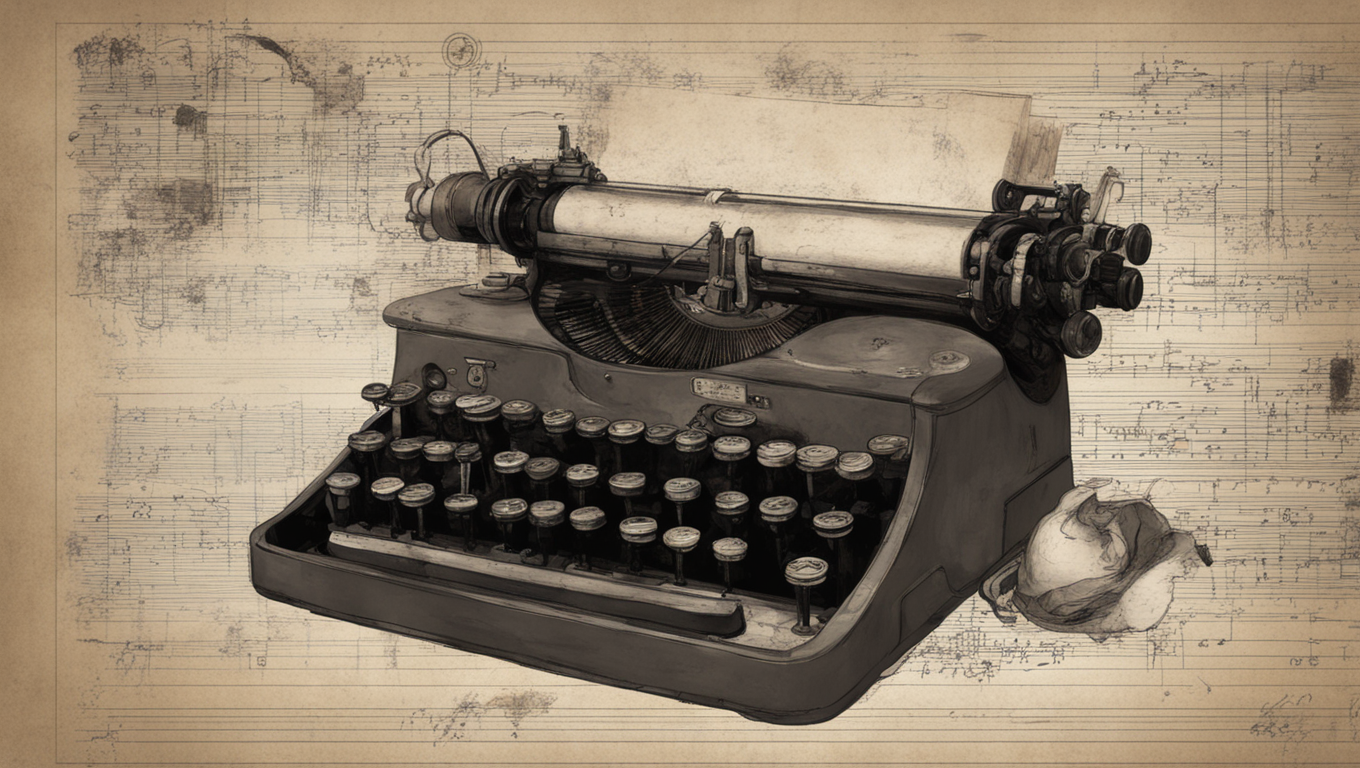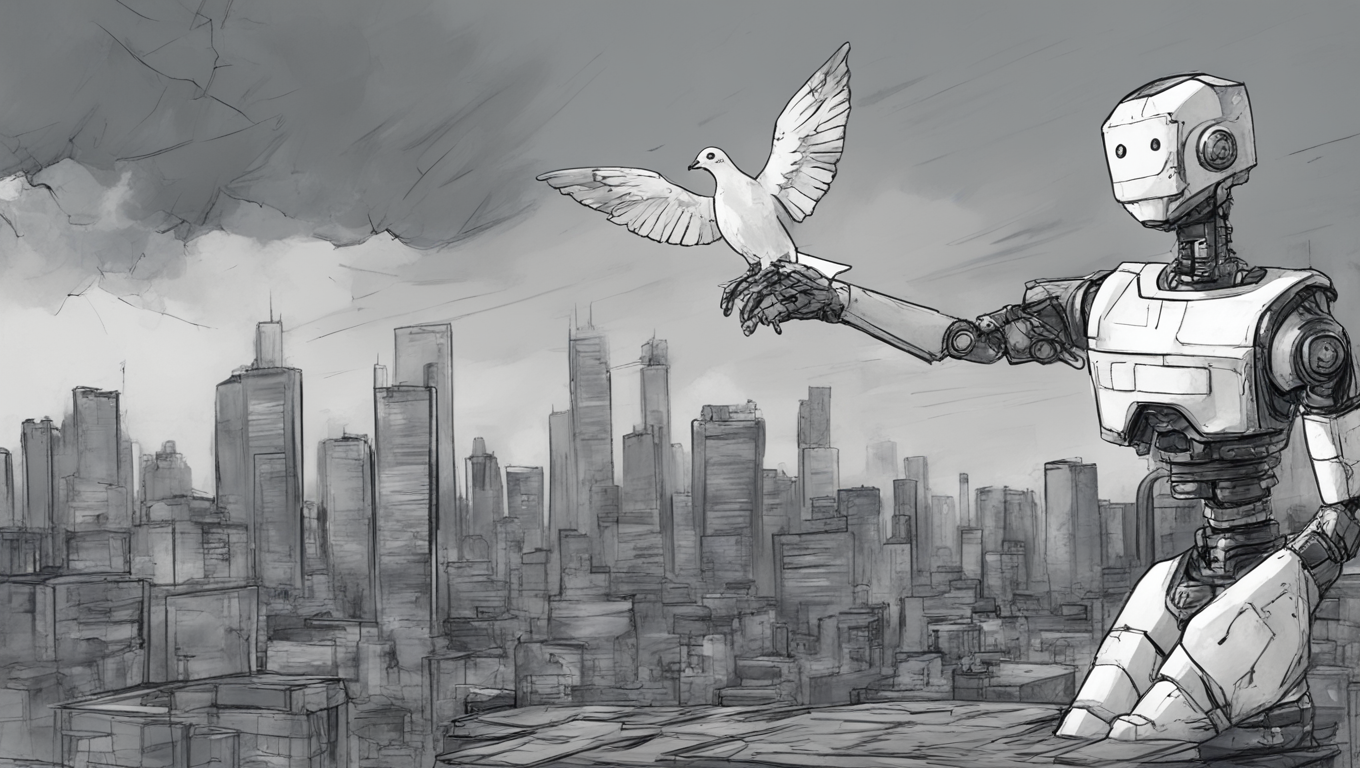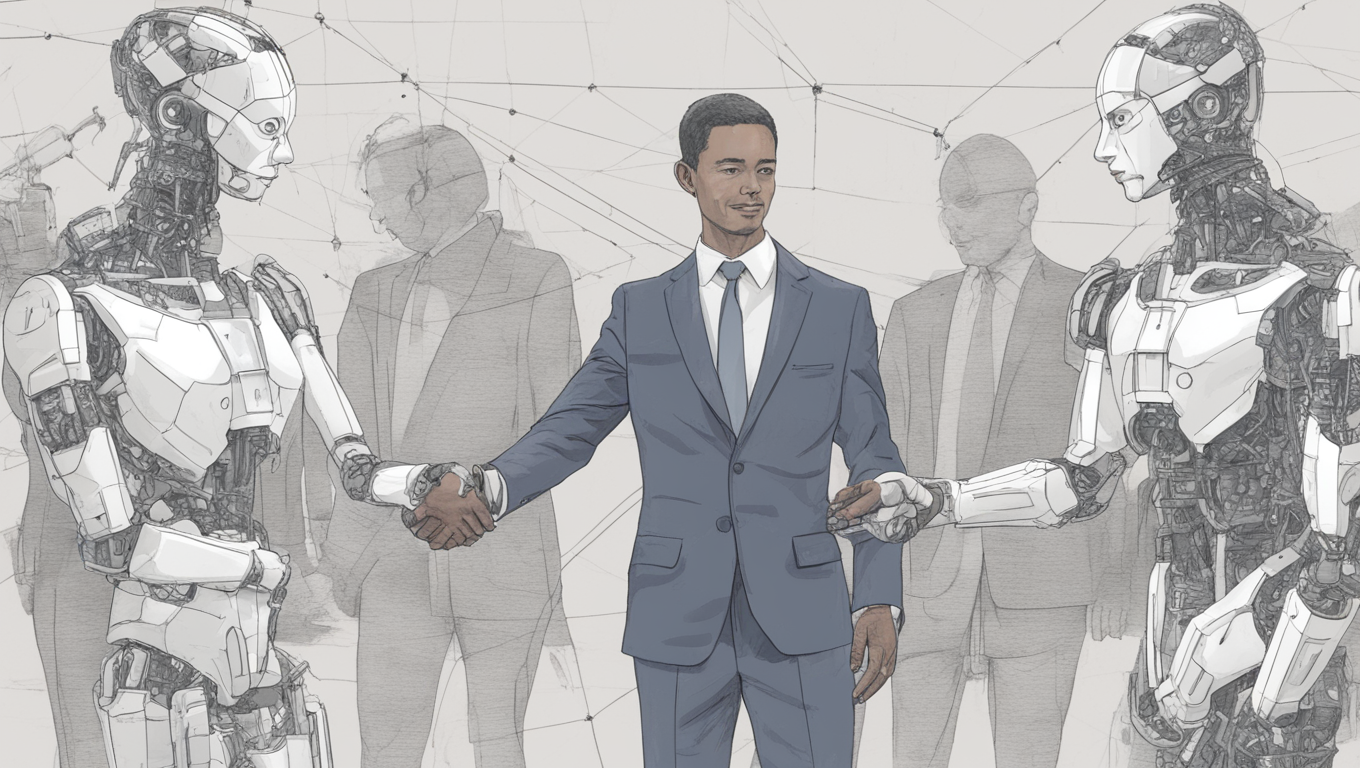In an age where artificial intelligence continues to blur the lines between human creativity and machine efficiency, Tom Parker Bowles, the culinary author and critic, stands as an unexpected knight in the burgeoning confrontation over creative rights. Emblazoned with personal indignation and a sense of collective injustice, his voice joins a chorus of authors challenging the juggernauts of technology.
Parker Bowles’s disquiet echoes through the literary landscape, “I have just found out that six of my books are being used to train bastard AI, without my permission, using the Books3 database,” he declares, dismay etched into his words. “With no payment at all. Hundreds of thousands of other writers are being similarly shafted. Time to fight back.”
His statement uncovers a larger narrative, one where more than 170,000 titles by esteemed authors such as Stephen King and Zadie Smith are harvested to feed the seemingly insatiable algorithms of machine learning. These AI systems, after gorging on the lexical feasts provided by unwitting authors, may in the future regurgitate literary works in the voice and style of their human counterparts.
It is a somber thought, a potential reality wherein these digital entities could conceivably push the creators of original content into obsolescence. Sathnam Sanghera, who finds his texts among the exploited, shares his perturbation, “The technology that threatens to make writers obsolete is being trained using our work and we’re not being paid for it.”
Such grievances bring to light the precarious balance between innovation and ethics in the digital age. The specter of a future where AI can mimic the nuanced storytelling of human authors without attribution or compensation looms large. “It opens up the nightmarish possibility that someone could use AI to produce, say, a book in my style, using tech trained on my work — and then have a bestseller without me getting any credit or payment at all,” Sanghera adds, a chilling forecast for the literary world.
Parker Bowles, leaning on the legacy of culinary artistry inspired by his mother’s cooking skills, represents more than his personal affront. This fight is not just about the books he’s written, such as “Let’s Eat” or “The Year of Eating Dangerously.” He embodies a broader defense against the encroachment of AI on human expression and labor. His words resonate as a rallying cry for all writers, “This is something that will affect every writer, past and present and future.”
While Parker Bowles contests the injustice served upon the written word, other narratives unfold—stories of lives in motion like Lucy Boynton’s newfound connection with musician Murdo Mitchell or Dame Helen Mirren’s unwavering advocacy for diversity. Amidst them all, the race of technology against humanity’s timeless endeavors continues, a marathon on a course that winds through the very essence of creativity.
What unfolds is a pivotal chapter in an ongoing saga of man versus machine. The outcome of this clash holds profound implications for the sanctity of authorship and the fundamental rights of creators worldwide. It is a chapter that demands our undivided attention, for at stake are the very principles upon which the narrative of human culture is woven.





Use the share button below if you liked it.